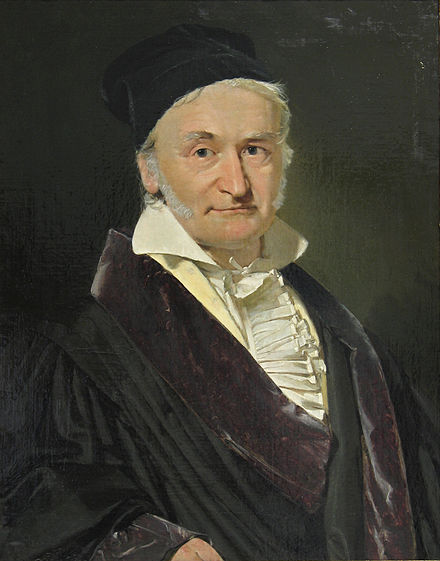 News
News
Where cooperation thrives

Large social networks foster connections by erasing national, geographic, and even linguistic barriers. But when it comes to fostering cooperation, global connectivity leaves something to be desired, new research says.
Working with colleagues at Emmanuel College, Harvard scientists have developed an algorithm that predicts whether a social structure is likely to favor cooperation, and the findings suggest that strong pairwise relationships — not loose networks scattered across the globe — are the most conducive to cooperation. The study is described in a March 29 paper in Nature.
“What we are able to do is calculate the critical benefit-to-cost ratio for cooperation to thrive on any fixed population structure,” said senior author Martin Nowak, a professor of mathematics and of biology and director of the Program for Evolutionary Dynamics. “And what we find is truly interesting. We can take any graph or social network, and if it has strong pairwise ties, that is what is most conducive for cooperation. This is a mathematical argument for stable families or for stable friendships.”
Working with colleagues at Emmanuel College, Harvard scientists have developed an algorithm that predicts whether a social structure is likely to favor cooperation, and the findings suggest that strong pairwise relationships — not loose networks scattered across the globe — are the most conducive to cooperation. The study is described in a March 29 paper in Nature.
“What we are able to do is calculate the critical benefit-to-cost ratio for cooperation to thrive on any fixed population structure,” said senior author Martin Nowak, a professor of mathematics and of biology and director of the Program for Evolutionary Dynamics. “And what we find is truly interesting. We can take any graph or social network, and if it has strong pairwise ties, that is what is most conducive for cooperation. This is a mathematical argument for stable families or for stable friendships.”
Mathematic Words Today
Chaos theory

Chaos theory is the field of study in mathematics that studies the behavior of dynamical systems that are highly sensitive to initial conditions - a response popularly referred to as the butterfly effect.
Mathematic People Today
Carl Friedrich Gauss
